Your dog knows you better than you think they do! That's according to research by Akiko Takaoka of Kyoto University in Japan. It turns out that man's best friend can tell when you're telling the truth and when you're lying. Not only can they tell, they can hold a grudge over it, too.
For the experiment, 34 good bois were harmlessly tricked. For millennia, we've known that most dogs will run to objects that humans point to. Takaoka and her team used this to their advantage in their tests. First, the participating doggos were pointed toward containers filled with treats. The pups were more than happy to dash off as instructed.
Next, the researchers pointed toward containers that were discovered to be empty when the dogs investigated them.
In subsequent experiments, the canines were pointed toward containers that actually contained food, but they refused to go in. The pups remembered the researcher and their earlier deceit. Of the 34 participating dogs, not a single one approached the container in the third round.
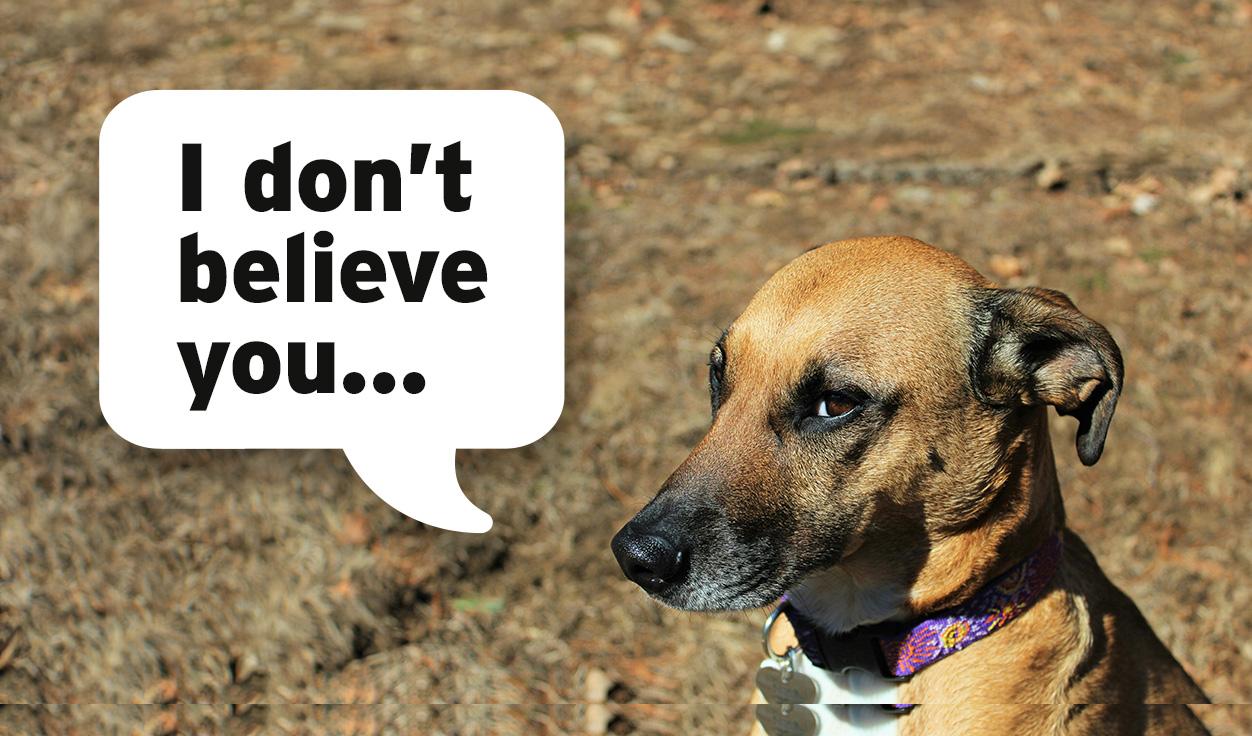
Source: Photo by Laurie Gouley
Dogs have more sophisticated social intelligence than we thought. This social intelligence evolved selectively in their long life history with humans,” said Takaoka, who was surprised at how quickly dogs “devalued the reliability of a human.”
From the halls of academia to the cozy corners of our living rooms, Takaoka's research reminds us that dogs are more than just pets—they're perceptive partners in our daily lives. So let's embrace their intuitive nature and learn from their unwavering honesty. After all, who better to teach us about loyalty and trust than our beloved pups?
This article was originally published in May.











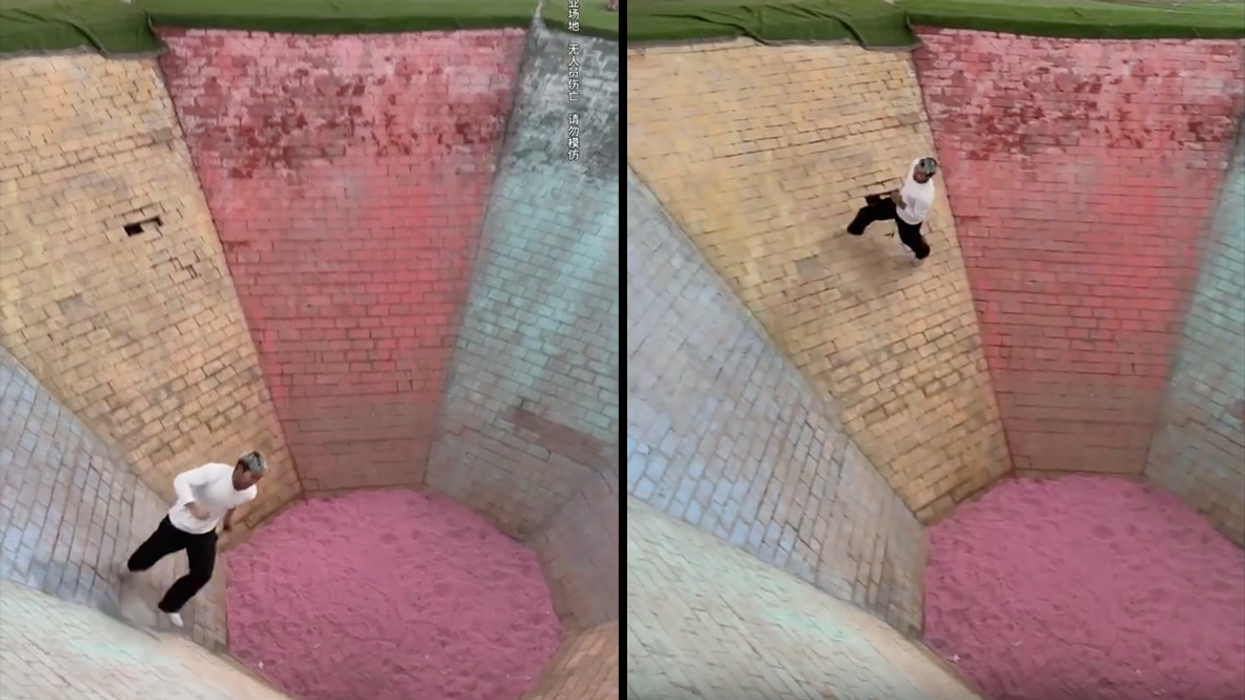
 This represents the key to the perfect flow statePhoto by
This represents the key to the perfect flow statePhoto by 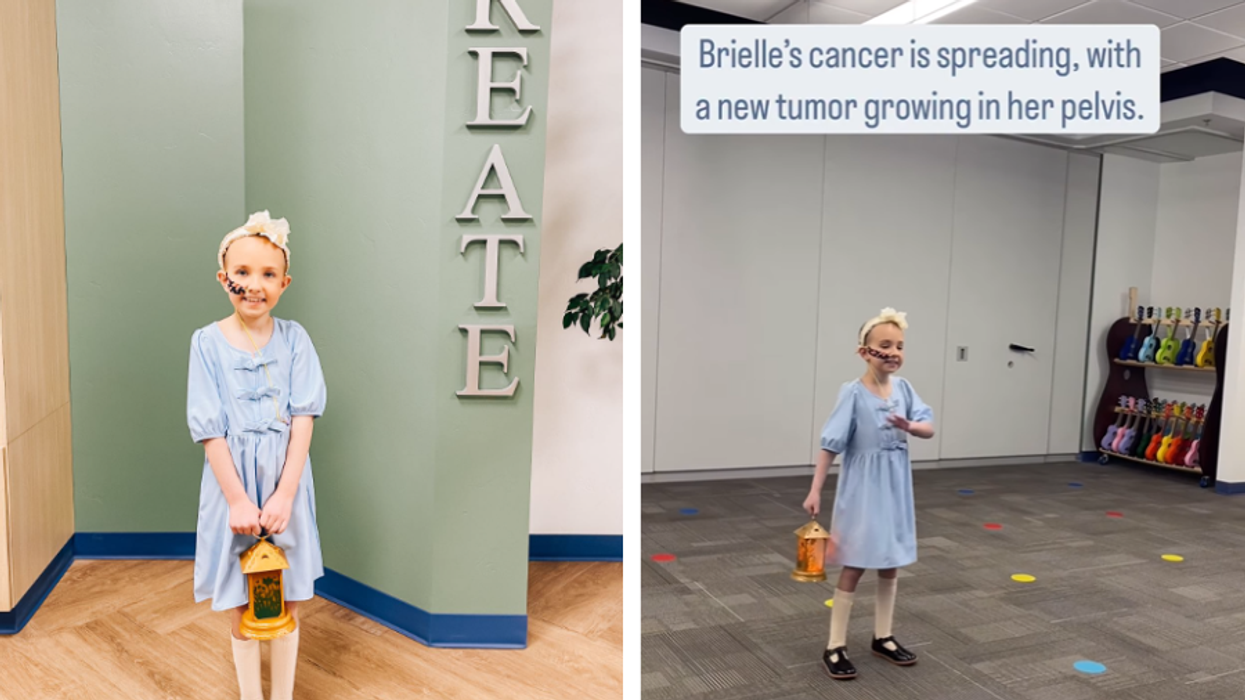

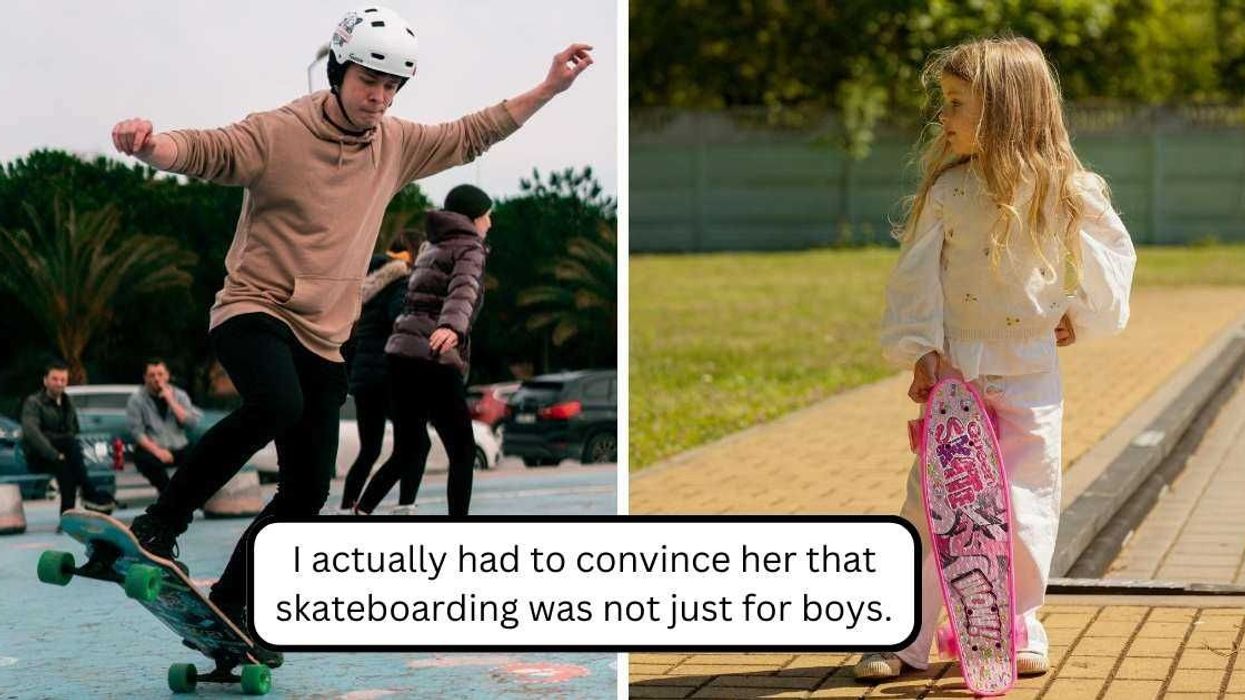


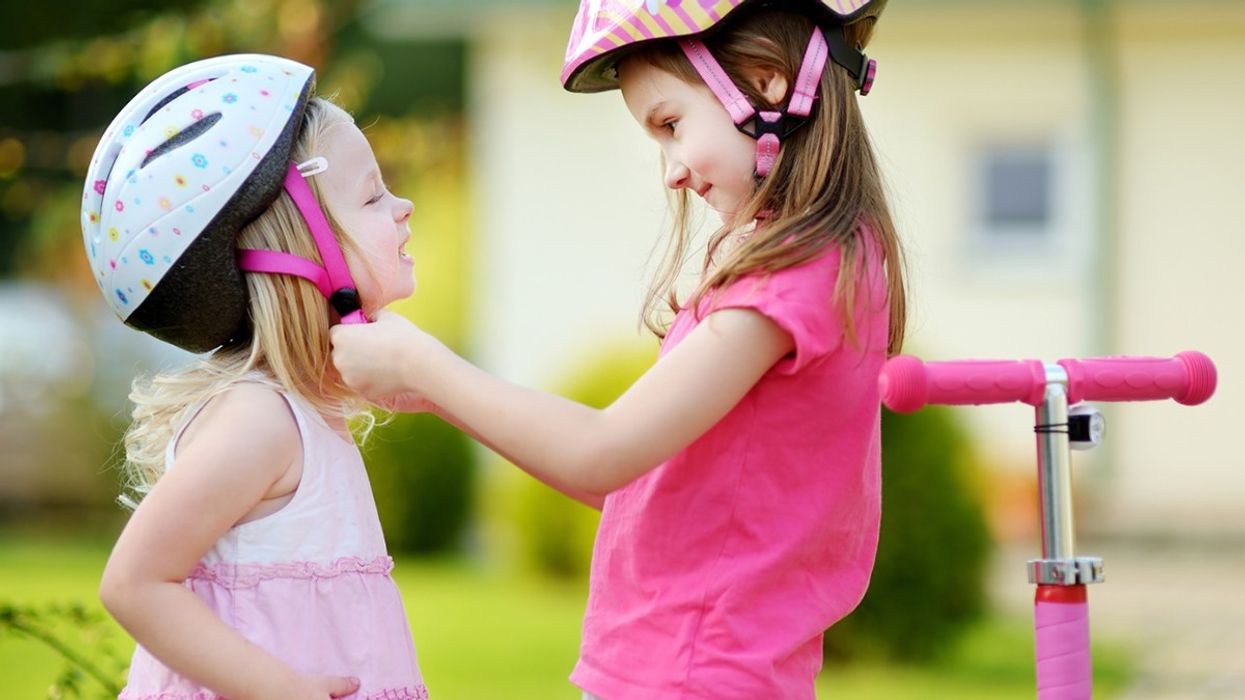
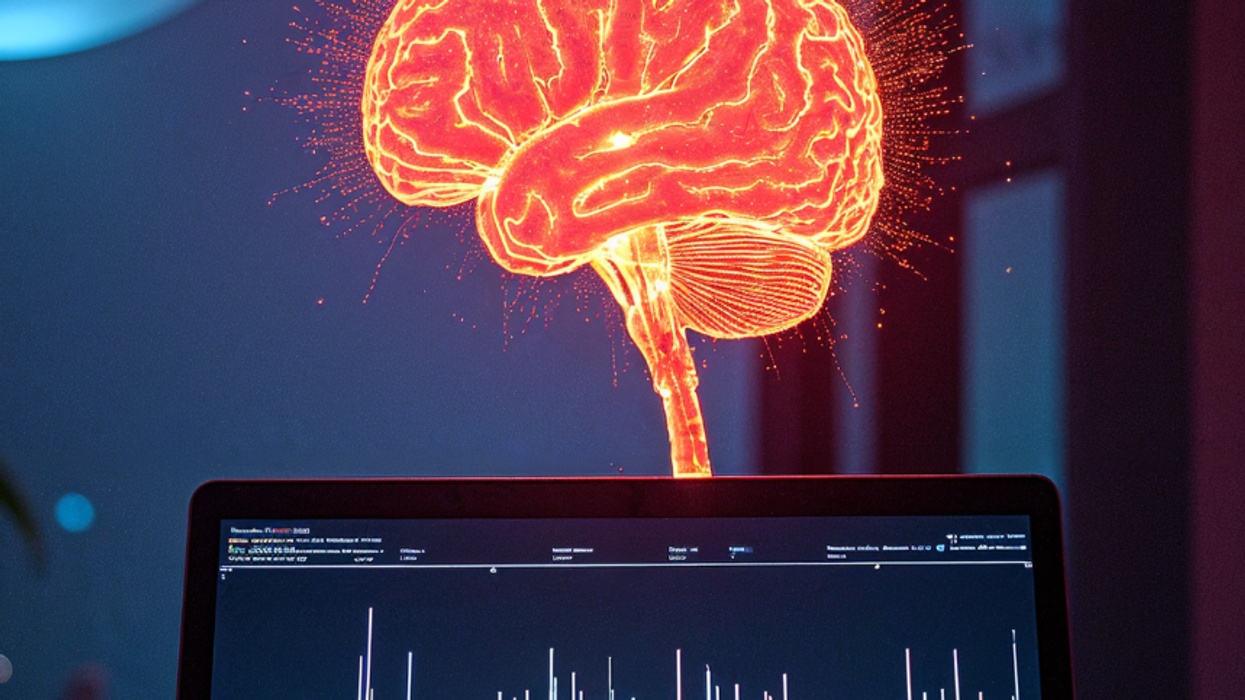
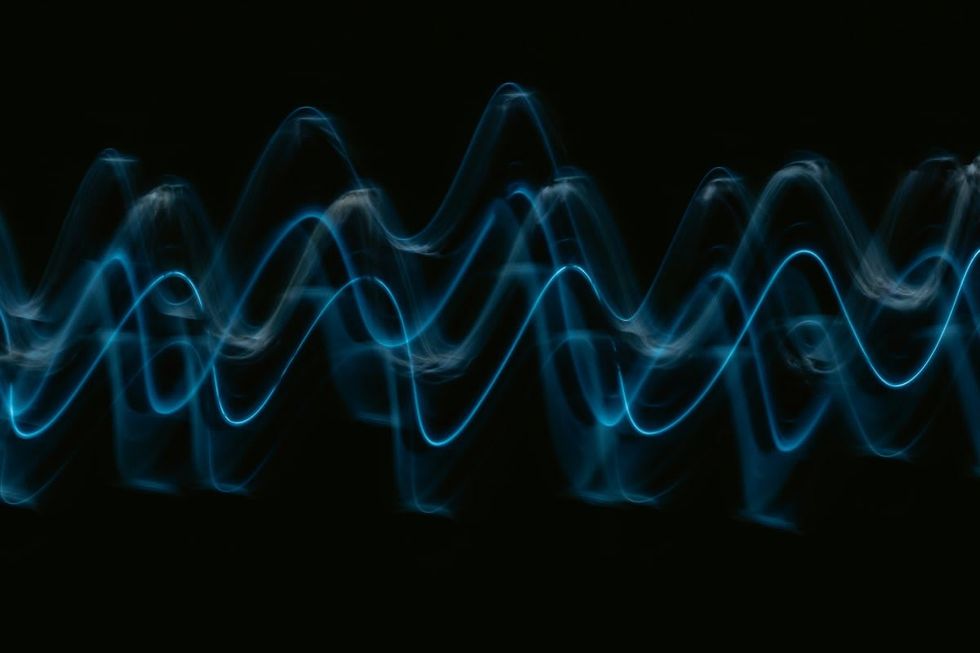 Representative Image Source: Unsplash | Pawel Czerwinski
Representative Image Source: Unsplash | Pawel Czerwinski 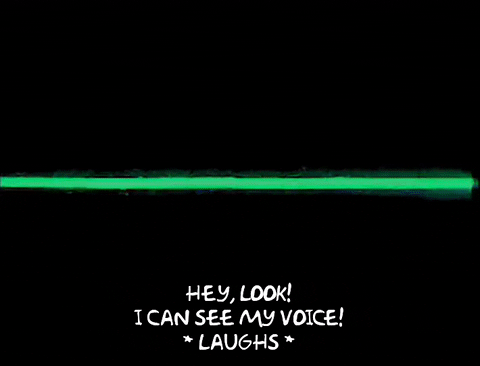
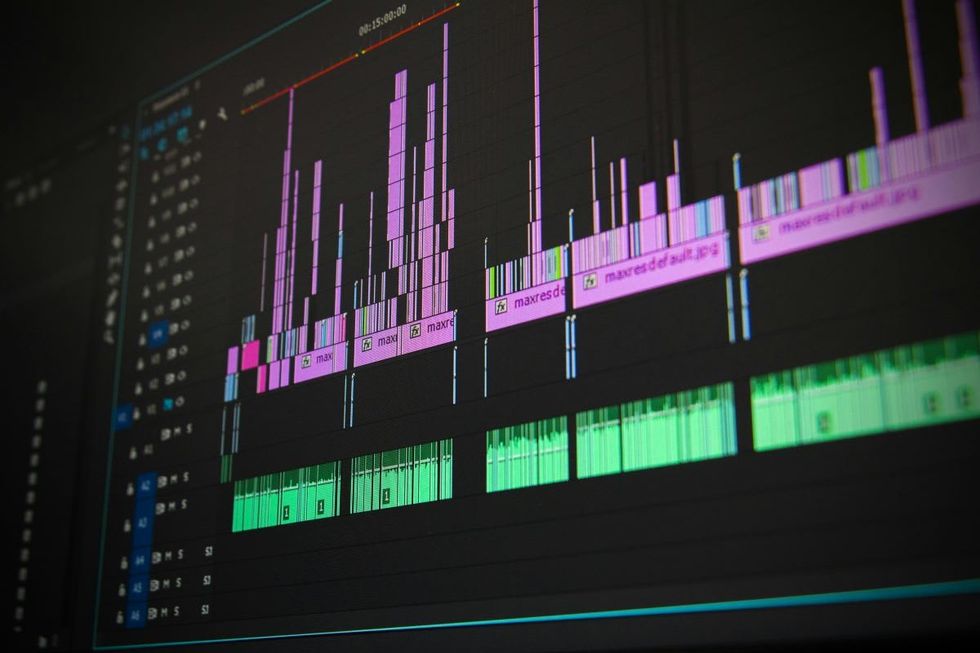 Representative Image Source: Pexels | Pixabay
Representative Image Source: Pexels | Pixabay 







